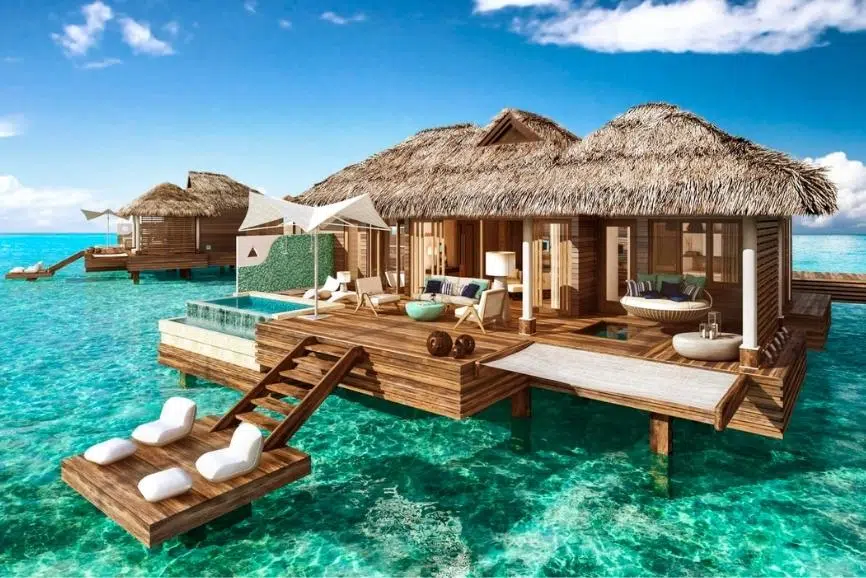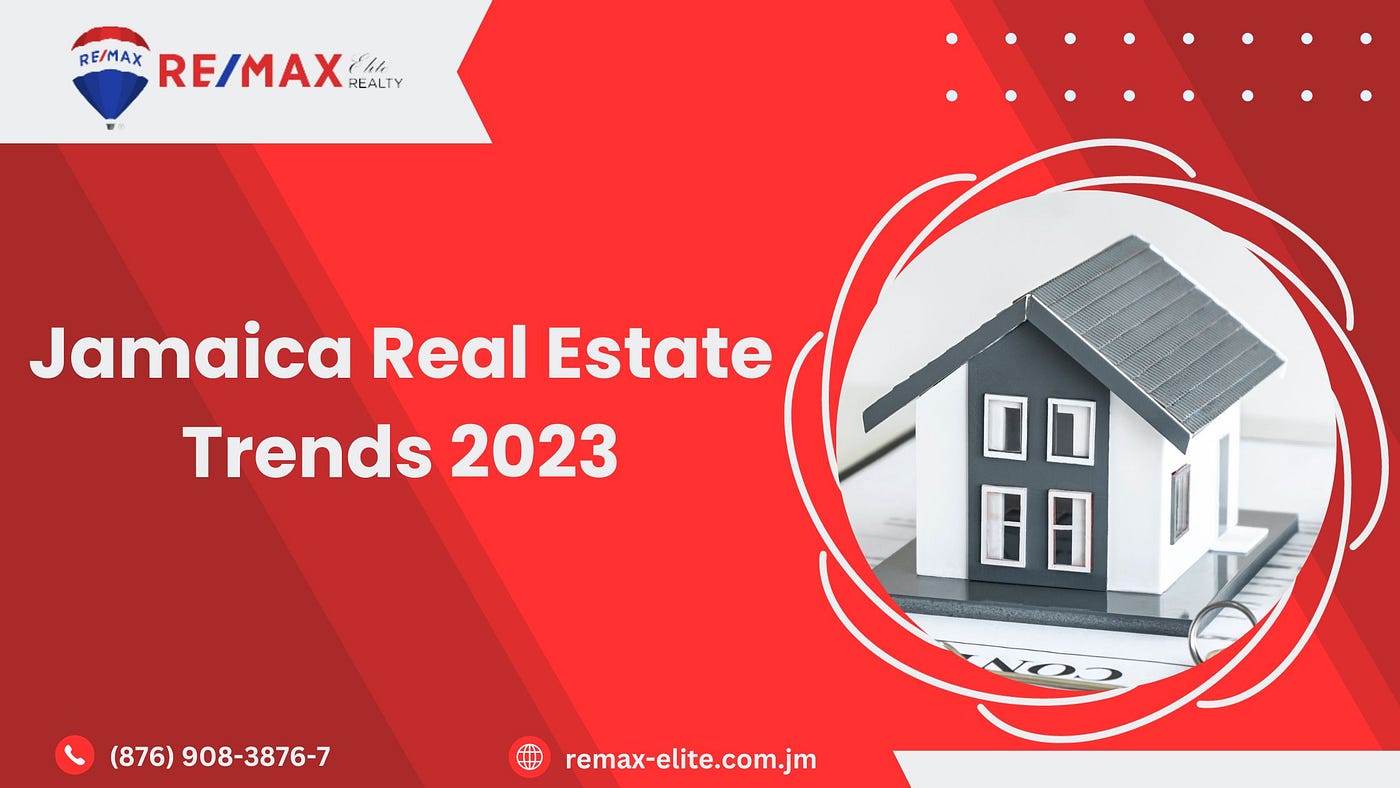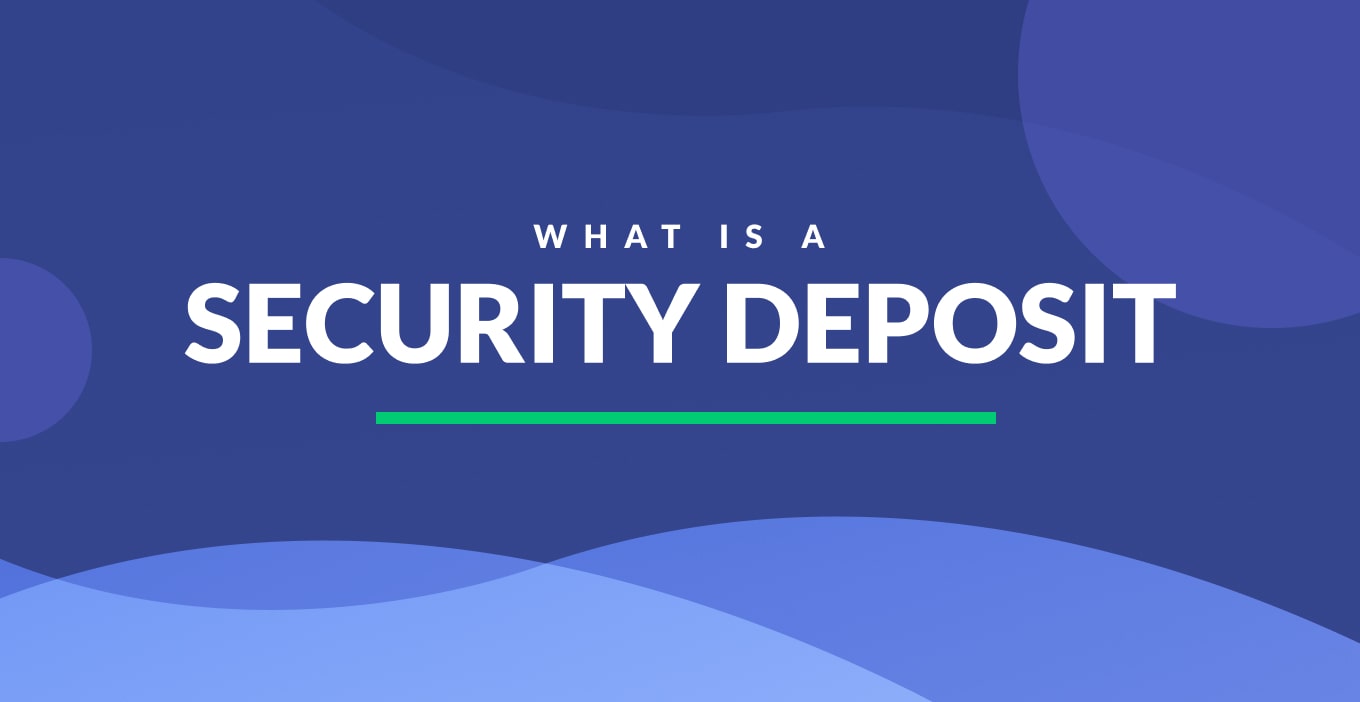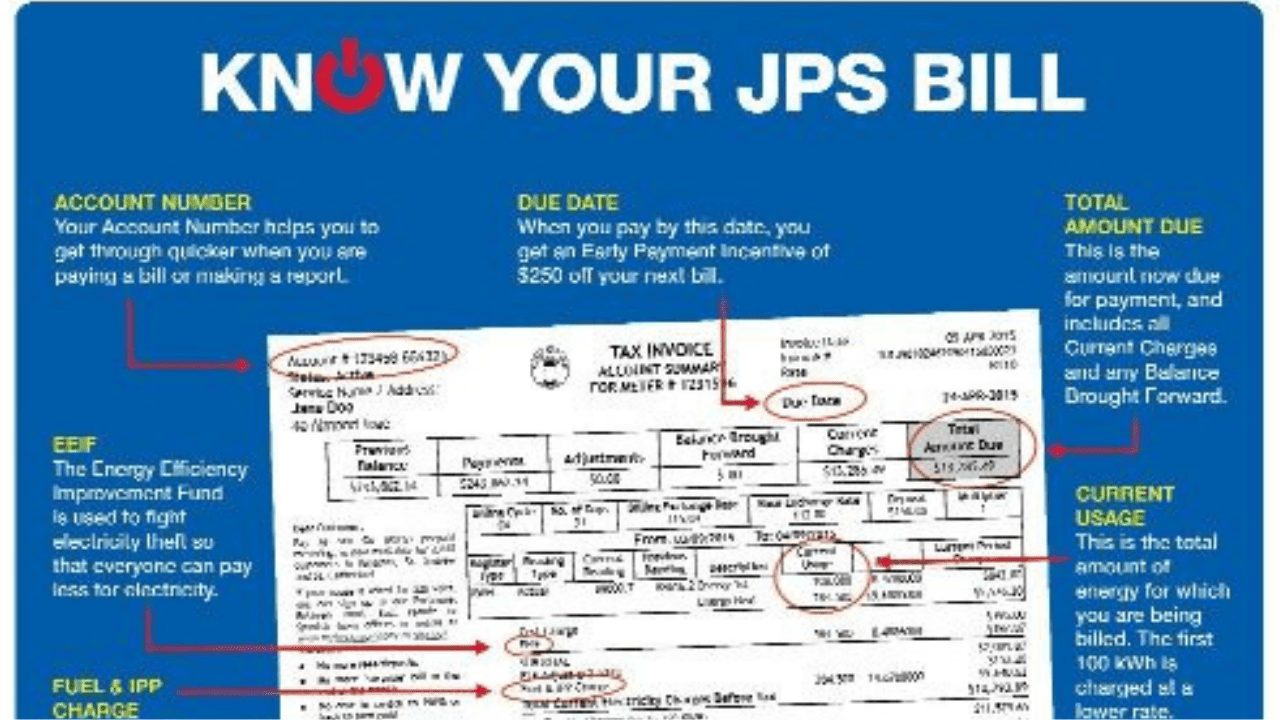
What Expats Should Know About Renting in Jamaica
Renting a property in Jamaica as an expat can be an exciting yet challenging process. Whether you’re relocating for work, a long-term stay, or seeking the laid-back island lifestyle, understanding the local rental market, legalities, and cultural nuances will help you make an informed decision. Here’s a guide to what expats should know about renting in Jamaica:
1. The Jamaican Rental Market
The rental market in Jamaica varies depending on location, property type, and amenities. Popular areas for expats include:
- Kingston: The capital city is a hub for business, government, and entertainment. Neighborhoods like Liguanea, New Kingston, and Barbican are favored for their proximity to services, restaurants, and schools.
- Montego Bay: A major tourist and business hub with beachfront properties, resorts, and villas. It’s a great place for expats who want a blend of city life and beach access.
- Ocho Rios: Known for its tourism and attractions like Dunn’s River Falls, Ocho Rios offers a mix of beachfront and hillside properties.
- Negril and Port Antonio: Ideal for expats seeking a more relaxed, rural lifestyle with access to Jamaica’s most beautiful beaches.
2. Types of Rental Properties
Expats can choose from a variety of rental options in Jamaica:
- Apartments: Popular in cities like Kingston, especially for short-term stays or those wanting to live in central areas. Apartments often come furnished, but verify the details with the landlord.
- Houses and Townhouses: These are more common in suburban areas and typically provide more space. Gated communities are popular with expats, offering additional security and shared amenities.
- Villas: In tourist-heavy areas like Montego Bay and Negril, you’ll find luxury villas for long-term rentals, often with scenic ocean views.
3. Rental Costs
Rental prices in Jamaica vary depending on location and type of property. Here’s a general breakdown:
- Kingston: Rental prices can range from USD $600 to $2,500 per month depending on the neighborhood and amenities.
- Montego Bay: Expect to pay between USD $700 to $3,000 per month, especially for properties near the beach.
- Ocho Rios and Negril: Prices are typically lower than in Kingston and Montego Bay, ranging from USD $500 to $2,000 per month.
Keep in mind that utilities like electricity, water, and internet are often not included in the rental price, so budget accordingly.
4. Leases and Rental Agreements
It’s crucial to understand the terms of your lease before signing any rental agreement in Jamaica. Here are some key points:
- Duration: Most leases are for 6 months to a year, but some landlords may offer shorter-term agreements, especially in tourist areas.
- Deposit: Landlords typically require a security deposit equal to one or two months’ rent. This is refundable at the end of the lease if no damage is done to the property.
- Payment: Rent is usually paid monthly in advance. Some landlords may request payment in US dollars, especially in tourist-heavy areas like Montego Bay and Negril.
- Inclusions: Clarify what’s included in the rent (e.g., furnished vs. unfurnished, utility bills, maintenance fees). It’s also essential to understand who is responsible for repairs.
5. Safety and Security
Safety is a priority for expats renting in Jamaica. Gated communities with 24-hour security are popular among expats, especially in Kingston and Montego Bay. Here are some additional tips:
- Neighborhood Safety: Research the safety of the neighborhood before committing to a rental. Areas like Norbrook, Barbican, and Liguanea in Kingston are known for their security.
- Home Security: Check that the property has necessary security features such as grills, security cameras, or alarm systems.
- Gated Communities: Many expats prefer gated communities for the added sense of security, with guards, electronic gates, and CCTV surveillance.
6. Utilities and Services
When renting in Jamaica, it’s essential to consider the cost and availability of utilities and other services:
- Electricity: Provided by the Jamaica Public Service (JPS), electricity costs can be high, especially with air conditioning. Monthly bills may range from USD $100 to $300, depending on usage.
- Water: Water is generally included in the rent, but it’s always good to verify this with the landlord. In some areas, water restrictions can occur during dry seasons.
- Internet and Cable: Providers like Flow and Digicel offer internet, cable, and telephone services. High-speed internet can range from USD $50 to $100 per month.
7. Furnished vs. Unfurnished Rentals
Many rentals in Jamaica, especially short-term leases, come fully furnished. However, for long-term rentals, you may encounter unfurnished properties, particularly if you're renting a house or townhouse. Here's what to consider:
- Furnished: These typically include basic furniture, kitchen appliances, and sometimes linens and utensils. Ideal for short-term stays or those not wanting to purchase furniture.
- Unfurnished: You’ll need to provide your own furniture, appliances, and other essentials. It’s important to budget for this if you’re planning a long-term stay.
8. Working with Real Estate Agents
Many expats find that working with a local real estate agent makes the process of finding a rental smoother. Agents can provide:
- Local Insights: They know the best neighborhoods for expats and can offer advice on safety, pricing, and amenities.
- Property Viewings: Agents can arrange property viewings and help negotiate lease terms with landlords.
- Lease Assistance: They can guide you through the legal aspects of signing a rental agreement and ensure that everything is in order.
9. Cultural Considerations
Renting in Jamaica as an expat means adapting to local customs and practices. Here are a few things to keep in mind:
- Punctuality: Jamaican culture can be a bit more relaxed when it comes to time. Be prepared for flexible timelines when meeting with landlords or setting up viewings.
- Negotiation: Don’t be afraid to negotiate the rent, especially if you’re planning a long-term stay. Some landlords are open to adjusting the price for reliable tenants.
- Community: Jamaicans are known for their warmth and hospitality. Engage with your neighbors and embrace the local culture—it will make your transition smoother.
10. Legalities and Documentation
Ensure you have all the necessary documentation when renting in Jamaica:
- Valid ID: Landlords will typically ask for a passport or Jamaican ID if you’ve obtained residency.
- Proof of Income: Some landlords may request proof of employment or income, especially for long-term leases.
- Visa Requirements: Ensure your visa or residency status is in order, especially if you’re planning to stay long-term.
Conclusion
Renting in Jamaica as an expat offers a unique opportunity to experience the island’s vibrant culture and lifestyle. By understanding the local rental market, legal requirements, and essential services, you’ll be better equipped to find the perfect home. Visit RentrJa.com to explore rental listings across Jamaica, from Kingston’s bustling suburbs to serene beachfront villas in Montego Bay and Ocho Rios.



